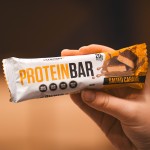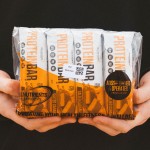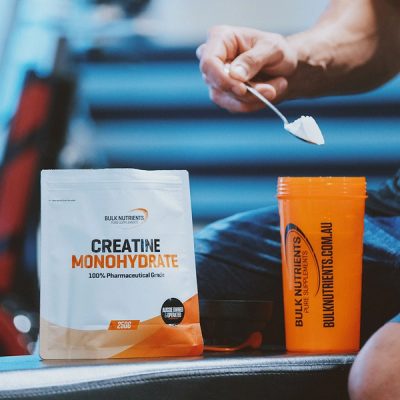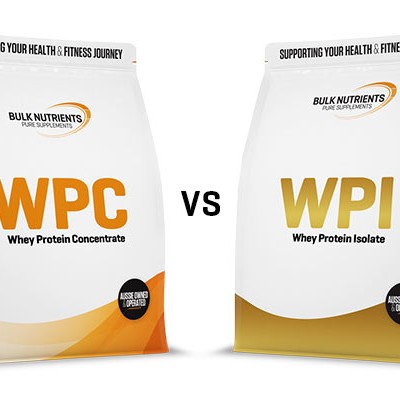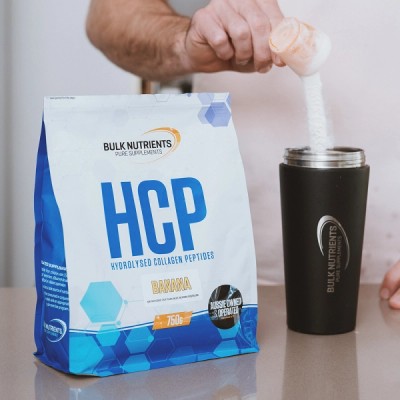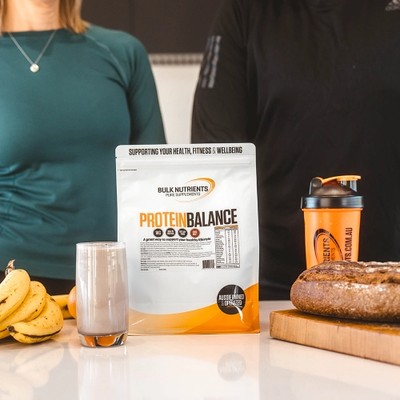What Are These Sugar Alcohol Ingredients in Protein Bars?
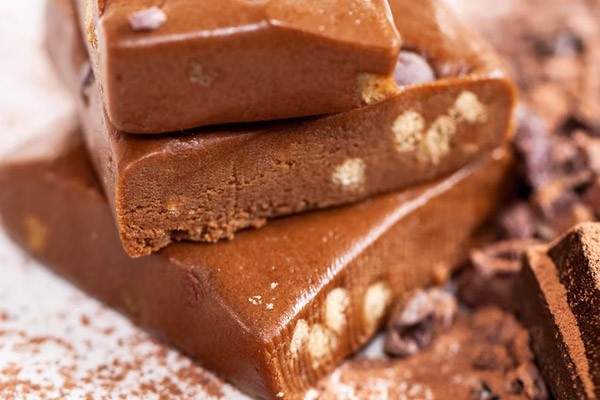
Are low-carb protein bars efficient?
First things first, a little window dressing for context.
Carbohydrates for years were tagged as the macronutrient responsible for fat loss. There were bogus theories that because carbohydrates spike insulin (which inhibits fat accumulation) eating them must be bad.
But it's not that simple. And when we put it to the test, we saw that just because fat burning can be turned off during carbohydrate consumption, it doesn't mean that we still can't eat even 100% of our diet from them -- whilst in a calorie deficit -- and lose weight.
Fat loss ultimately comes down to one thing: a deficit of calories.
This is otherwise referred to as the "carbohydrate-insulin hypothesis of obesity." And despite being proven wrong many times, it persists.
One of the many reviews to disprove this bogus theory included 32 studies that found low-carbohydrate or high-carbohydrate diets make no difference to fat loss.
Insulin isn't a factor, and if it were, we'd be putting on weight from whey protein - which is more insulinogenic than white bread!
Ok, so that's that.
And so many brands took to "low carb" options at the height of this.
But now I will say... low-carb foods are still helpful, as we can get our carbohydrates from other sources and/or later on.
What are maltitol, glycerol and sorbitol?
These are the common sugar alcohols in protein bars, and are present for three reasons:
- They add sweetness
- Have fewer calories than sugar
- Help to improve the texture of bars and helps to retain moisture.
But what about their caloric value?
- Maltitol = 2.1 calories
- Glycerol = somewhere between 1.98 to 2.26 calories
- Sorbitol = 2.7 calories
Now, remember carbohydrates (and thus sugar) have a value of 4 calories per gram. So 50 per cent of the calorie value of sugar ain't bad.
So when you're tracking your macronutrients, just make sure for every 2 grams of any sugar alcohol, you count it as a gram of carbohydrates.
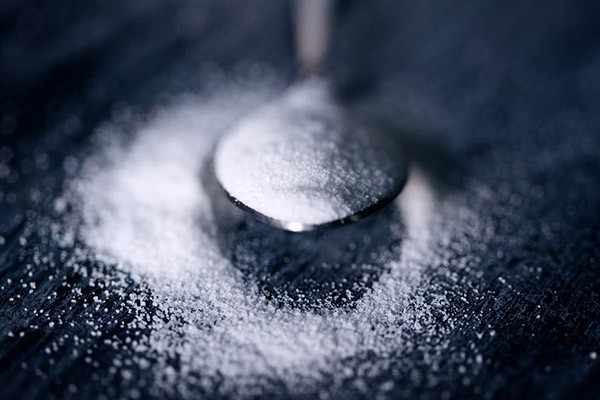
So for example:
- Maltitol = 3 grams
- Glycerol = 5 grams
- Sorbitol = 7 grams
- Total = 15 grams (so 7 grams of carbs).
Now it's not going to break your diet. But if you're having a few of them, and having other snacks where these sugar alcohols exist, then you just need to be aware of it.
But as I've said in a previous blog -- don't consume these bars thinking they are any "healthier".
Seriously, just eat a chocolate bar (most have fewer calories than protein bars anyway) and consume your protein shake with it, to get the best of both worlds: the protein, plus the snack. Let us compare the chocolate bar and the protein bar.
Where you can, forget sugar alcohols, and just have real sugar if you want it.
But, these sugar alcohols are all converted into glucose anyway.
When you're getting enough fibre daily, and vitamins and minerals, a chocolate bar in concert with your active lifestyle isn't going to destroy you or your progress.
It's all about balance.
Here's a look at the other sugar alcohols and their caloric value (note the "Caloric value (kcal/g)" to the right of the table).
Are sugar alcohols safe?
Like most things, unless they are consumed in a large dose, they appear to be perfectly fine.
One study concluded:
"The available clinical data generally suggest that moderate consumption of the above polyols (sugar alcohol) is not harmful to human metabolism."
Research suggests it could create some IBS issues, so if you notice this, then like anything, stop eating it.
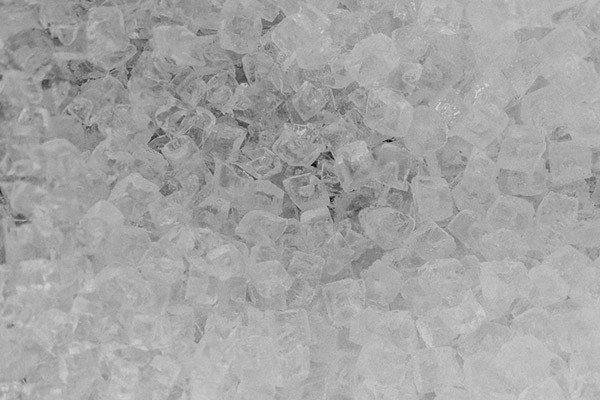
The bottom line on sugar alcohols
Is those sugar alcohols like sorbitol, maltitol and glycerol are about half the caloric value of sugar, but not as sweet.
They're also present to help improve the texture of bars and help to retain moisture.
They're safe to eat in the doses they are found, but if they give you too many bathroom visits, stop consuming them. Just be aware of their macronutrient/calorie value if you're consuming a lot of them.
Looking for a great low carb protein bar? Try ours!
That's right - we've got two delicious flavoured Protein Bars available for you to try now. Our Bulk Nutrients Protein Bars come in Salted Caramel and Choc Fudge, with a delicious fudgey texture sure to delight even the biggest of sweet tooths.
Each Bulk Nutrients Protein Bar recipe has 20g of protein from three sources, is low in sugar and low in carb and has less than 8g of fat per 60g bar. They're the perfect grab and go post workout snack, and make a deliciously tasty dessert that's good for you! Enjoy a sweet treat without sacrificing your macros and fitness targets - learn more here!
More Sugar-Related Reading
Do you do your research on sugar and sugar alternatives? As always the Bulk Blog has you covered with more great articles...

Like many, Dayne was once desperate to lose weight and get into shape. But everyone he asked, everything he read, lead to the same place... nowhere.
His journey started there - researching science journals and completing a Sports Nutrition Specialist qualification so he could make weight loss easier.
More about Dayne HudsonReferences:
- Sears B, Perry M. The role of fatty acids in insulin resistance. Lipids Health Dis. 2015;14:121. Published 2015 Sep 29. doi:10.1186/s12944-015-0123-1
- Shintani TT, Beckham S, Brown AC, O'Connor HK. The Hawaii Diet: ad libitum high carbohydrate, low fat multi-cultural diet for the reduction of chronic disease risk factors: obesity, hypertension, hypercholesterolemia, and hyperglycemia. Hawaii Med J. 2001 Mar;60(3):69-73. PMID: 11320614.
- Strasser B, Spreitzer A, Haber P. Fat loss depends on energy deficit only, independently of the method for weight loss. Ann NutrMetab. 2007;51(5):428-32. doi: 10.1159/000111162. Epub 2007 Nov 20. PMID: 18025815.
- Hall KD, Guo J. Obesity Energetics: Body Weight Regulation and the Effects of Diet Composition. Gastroenterology. 2017 May;152(7):1718-1727.e3. doi: 10.1053/j.gastro.2017.01.052. Epub 2017 Feb 11. PMID: 28193517; PMCID: PMC5568065.
- Salehi, A., Gunnerud, U., Muhammed, S.J. et al. The insulinogenic effect of whey protein is partially mediated by a direct effect of amino acids and GIP on β-cells. NutrMetab (Lond) 9, 48 (2012). https://doi.org/10.1186/1743-7075-9-48
- Regnat K, Mach RL, Mach-Aigner AR. Erythritol as sweetener-wherefrom and whereto?. Appl MicrobiolBiotechnol. 2018;102(2):587-595. doi:10.1007/s00253-017-8654-1
- Kholif AE. Glycerol use in dairy diets: A systemic review. AnimNutr. 2019;5(3):209-216. doi:10.1016/j.aninu.2019.06.002
- Slavin J, Carlson J. Carbohydrates. Adv Nutr. 2014;5(6):760-761. Published 2014 Nov 14. doi:10.3945/an.114.006163
- Mäkinen KK. Effect of long-term, peroral administration of sugar alcohols on man. Swed Dent J. 1984;8(3):113-24. PMID: 6435273.
Related Blogs
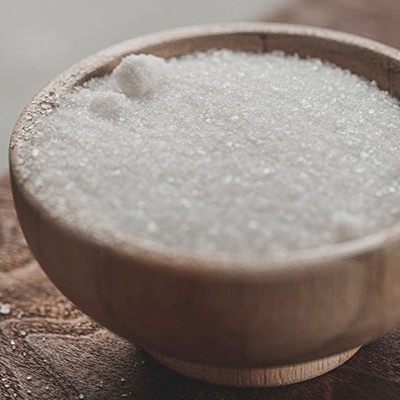
Is Sugar Addictive?
Posted by Dayne Hudson
Estimated reading time: 5 minutes
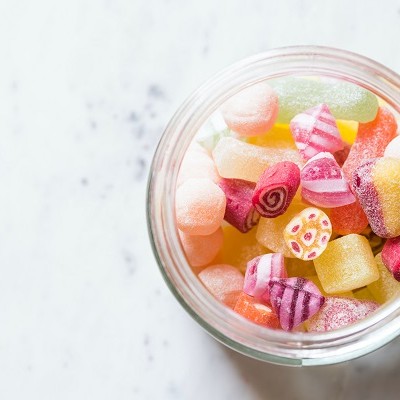
Is Sugar Bad for Us? How Much Is Ok?
Posted by Dayne Hudson
Estimated reading time: 6 minutes

The Bar Has Been Raised - Big Time!
Posted by Ebony Abblitt
Estimated reading time: 5 minutes
